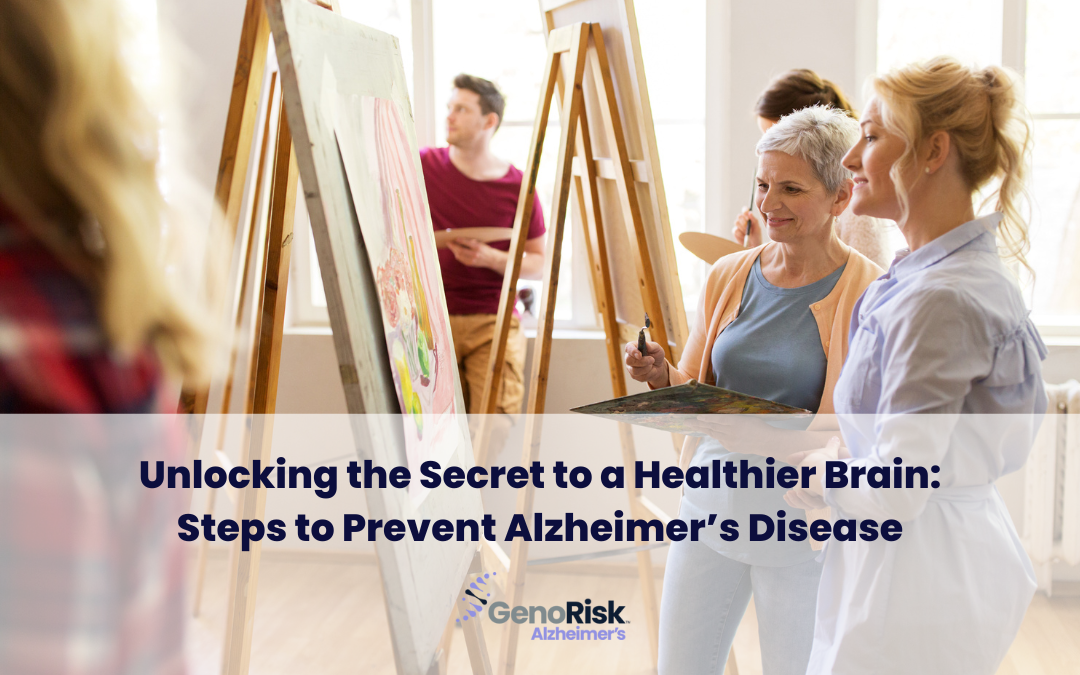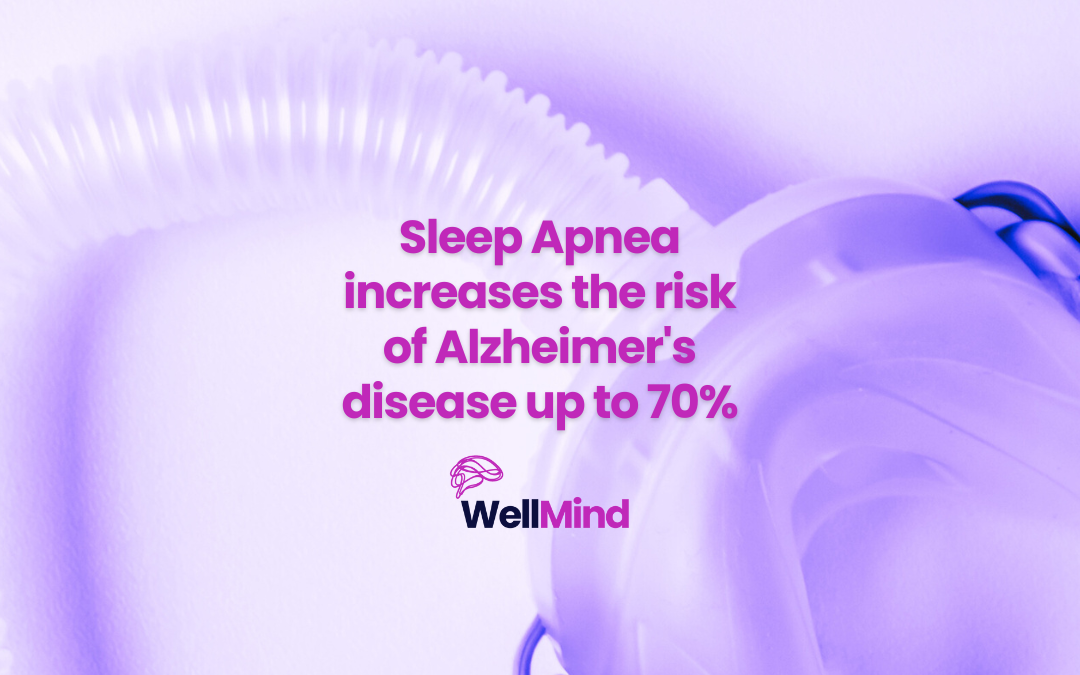Our understanding of DNA is a relatively new science and one of the most rapidly evolving fields in medical research. Researchers initially thought that the pattern of our genes was set in stone. In a way, that thought is true. Your genetic code, which we could call your “book of life,” is pretty much static. But, it turns out that there is much more to the equation: how your genes get expressed is highly affected by your environment, with everything from stress to exercise to food making a considerable impact.
This concept is known as epigenetics. Strands of DNA inside every cell in your body can get “tagged” or modified due to minor chemical reactions. This tagging can affect whether a gene gets turned on or turned off, also known as gene expression. For example, we have genes called tumor suppressor genes, which can impact the development of a cancerous tumor. If this type of gene gets turned off, you could be in big trouble. That’s why the bulk of the research in epigenetics focuses on developing targeted pharmaceutical cancer therapies.
As a physician who works with patients to help promote their innate health potential, I believe there needs to be a paradigm shift focusing on health promotion instead of disease treatment. Of course, I am not suggesting that we stop treating diseases, and there is undoubtedly a time and place for medication.
What I am suggesting is that we shift research efforts toward understanding what keeps us healthy. There are more genes for resilience that help us stay well than genes for diseases. These genes are only in their infancy of being understood.
It’s generally accepted that our health status results from 30% genetics and a whopping 70% environment. This is fantastic news; it means that we are essentially in the driver’s seat and can take control of our health through our lifestyle choices. I refer to this concept as Precision Lifestyle Medicine, or PLM, in my clinical practice. Essentially, it means that I teach patients specific ways to bring back balance into their life.
My patients also have access to genomic wellness testing to help personalize the best options. These tests address specifics like their mindset around food, type of exercise, the right balance of dietary fats, carbs, proteins, and even which vitamins might be of concern.
Many simple, generalized ways affect how your genes are expressed. Let’s discuss some critical choices you can make to guard your DNA and enhance your health.
Superfoods
The concept of a superfood has been around for some time and is not a medical term. It has historically been used to describe foods loaded with compounds that have health benefits like vitamins, omega-3s, or anti-oxidants. Unfortunately, often these foods are not commonly consumed in our Western Culture and may not be widely available. However, I view superfoods with a bit of a twist. Any food or beverage that contains compounds that can affect your DNA expression can also fit the bill. And, the added benefit for many of these is that they are widely available and often delicious. My top superfoods are dark chocolate, green tea, coffee, blueberries and other dark berries, salmon, garlic, broccoli, turmeric, and red wine.
Physical Activity
Knowing that dietary choices are critical to protecting your DNA, it comes as no surprise that exercise can directly influence how your genes are expressed. Regular physical activity can radically change gene patterns so that someone at higher genetic risk for disease can become low risk. And, even more outstanding is that the impact of exercise can be immediate, with changes in gene expression seen after a single workout!
Emotional Stress
The effect of stress in DNA expression is one of the critical factors impacting the expression of genes associated with the development of disease states. While you may not be able to change many of the stressors in your environment, you can change how you react to those stressors. In my experience, the single most effective way to achieve this is through a regular practice of meditation. Meditation has been documented to change the connections in the brain that wire up to the fear center.
To learn more about how genetics affects your health and the genetics products offered by ADx Health, visit the website for more information.








